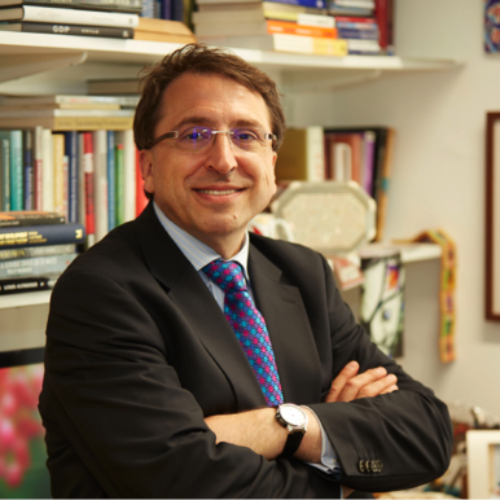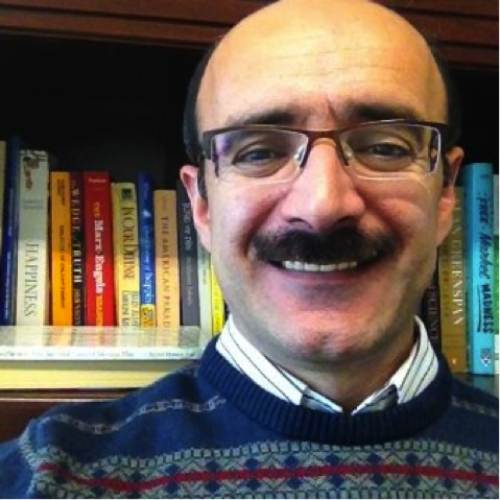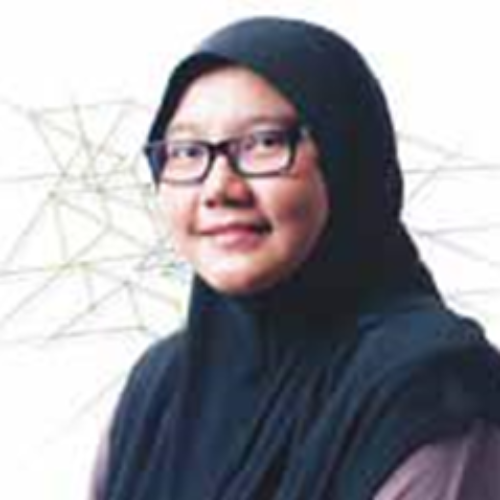R: Islamic Moral Economy and Finance
Islamic moral economy has emerged as a post-colonial movement to respond to the observed developmentalist failures including socio-economic failures and the failed political process. As a project, Islamic moral economy aims at human-centred development by essentialising social justice, equality, and participatory and sharing society by rescuing and re-defining the role of human as well as land, labour and capital among all other stakeholders within new modes of production and Islamic social formation. Thus, Islamic moral economy has theorised an alternative way of re-organising economy, society and politics in an interactive and integrative manner to form a participatory and sharing economy and society as termed ihsani or good society.
Within this alternative paradigm, Islamic finance has emerged as the initial operational aspect of Islamic moral economy, which has demonstrated an unprecedented growth in asset size and global expansion. However, despite this phenomenal growth in the transactional nature through prohibition of interest and limiting uncertainty and speculation, we are yet to see the transformational impact of Islamic finance on contributing to a new form of
modes of production based on Islamic principles of risk-sharing and profit-and-loss sharing as well as expanding its contribution on social justice, equality (prevention of inequality and poverty), equity-based finance, Sustainable Development Goals (SDGs) constituting participatory and sharing economy.
This network aims at bringing scholars and practitioners together to consider and discuss the role of Islamic moral economy and Islamic finance in achieving its stated ideals by highlighting the tension areas as well as the dynamism observed in the practice of Islamic finance.
The network welcomes conceptual, theoretical, and empirical papers to address the particularities and promises of Islamic moral economy and finance along with the emerging issues in the practice of Islamic finance and in developing theories and practices for the implementation of Islamic moral economy.


